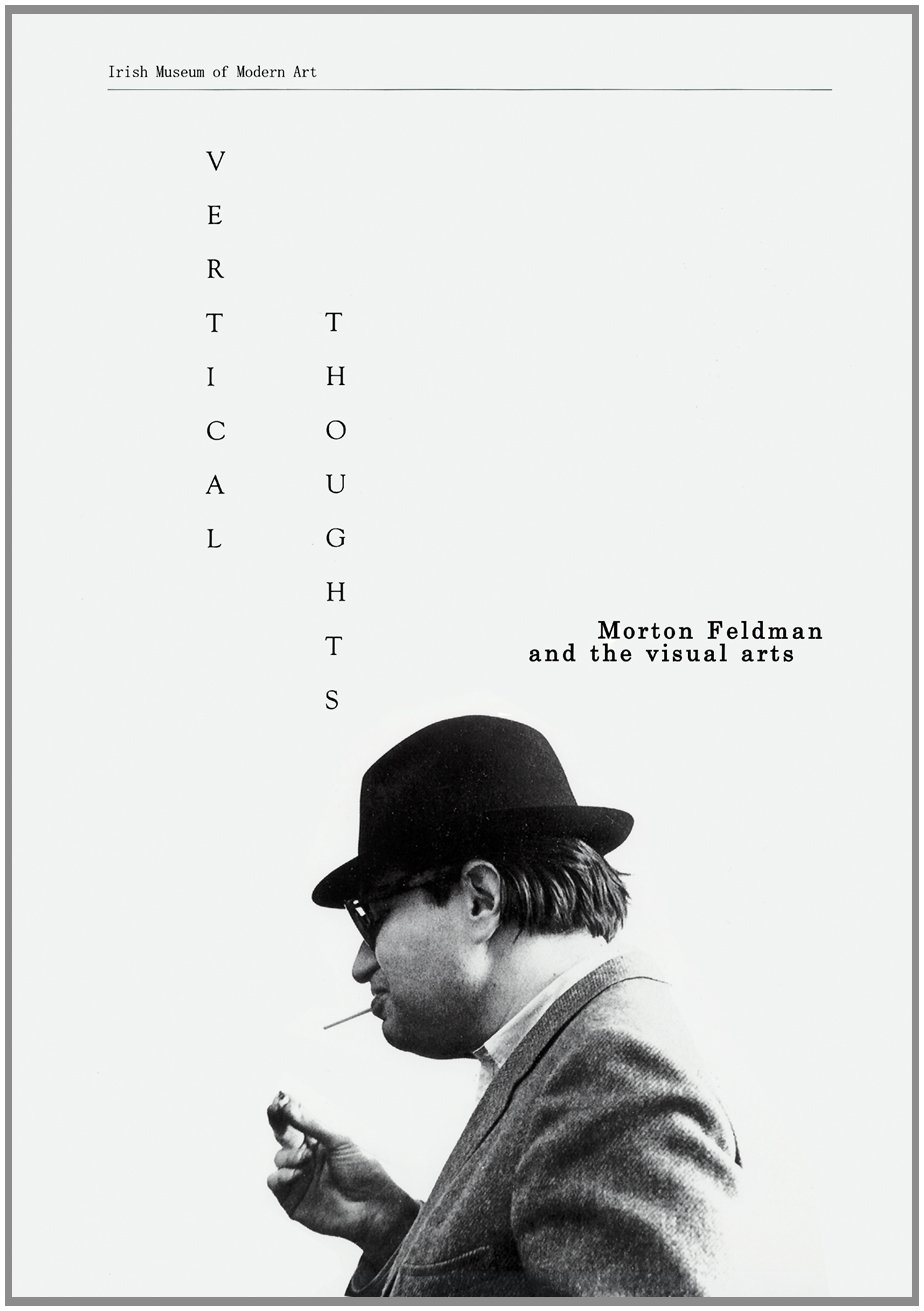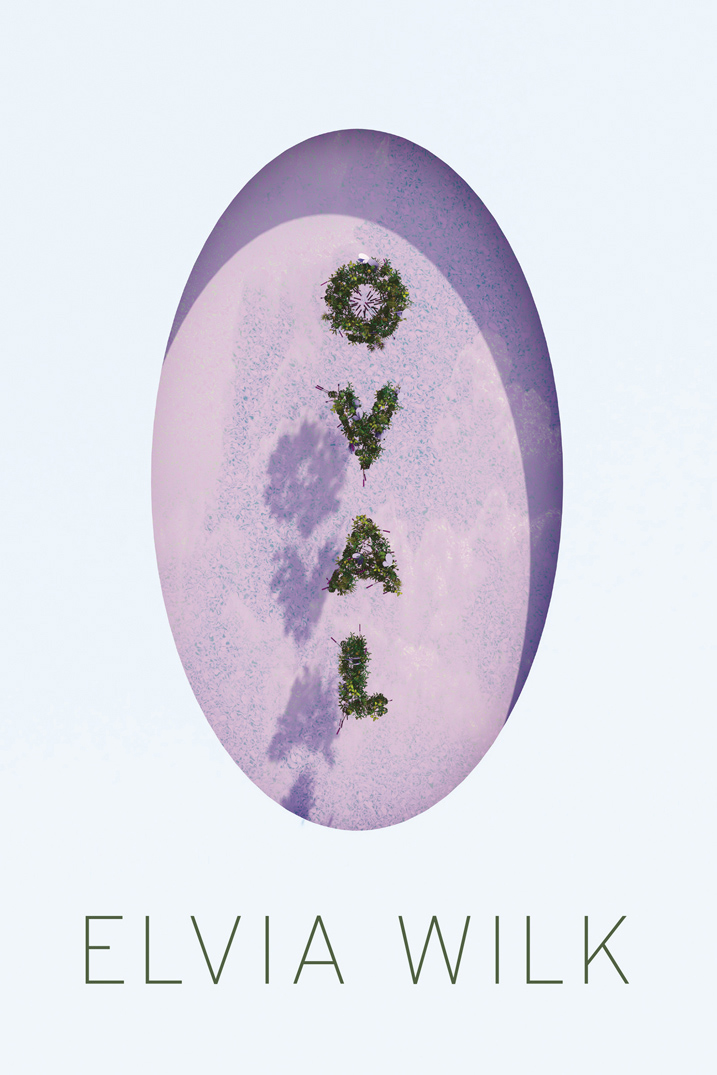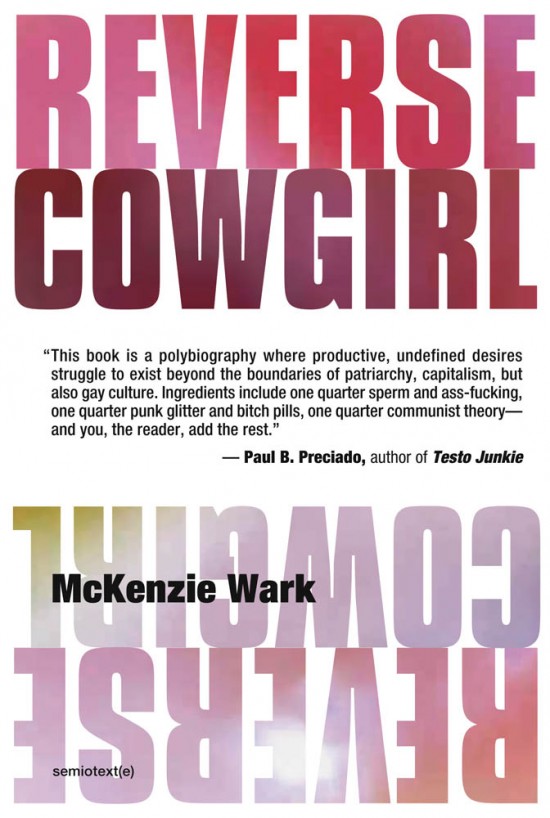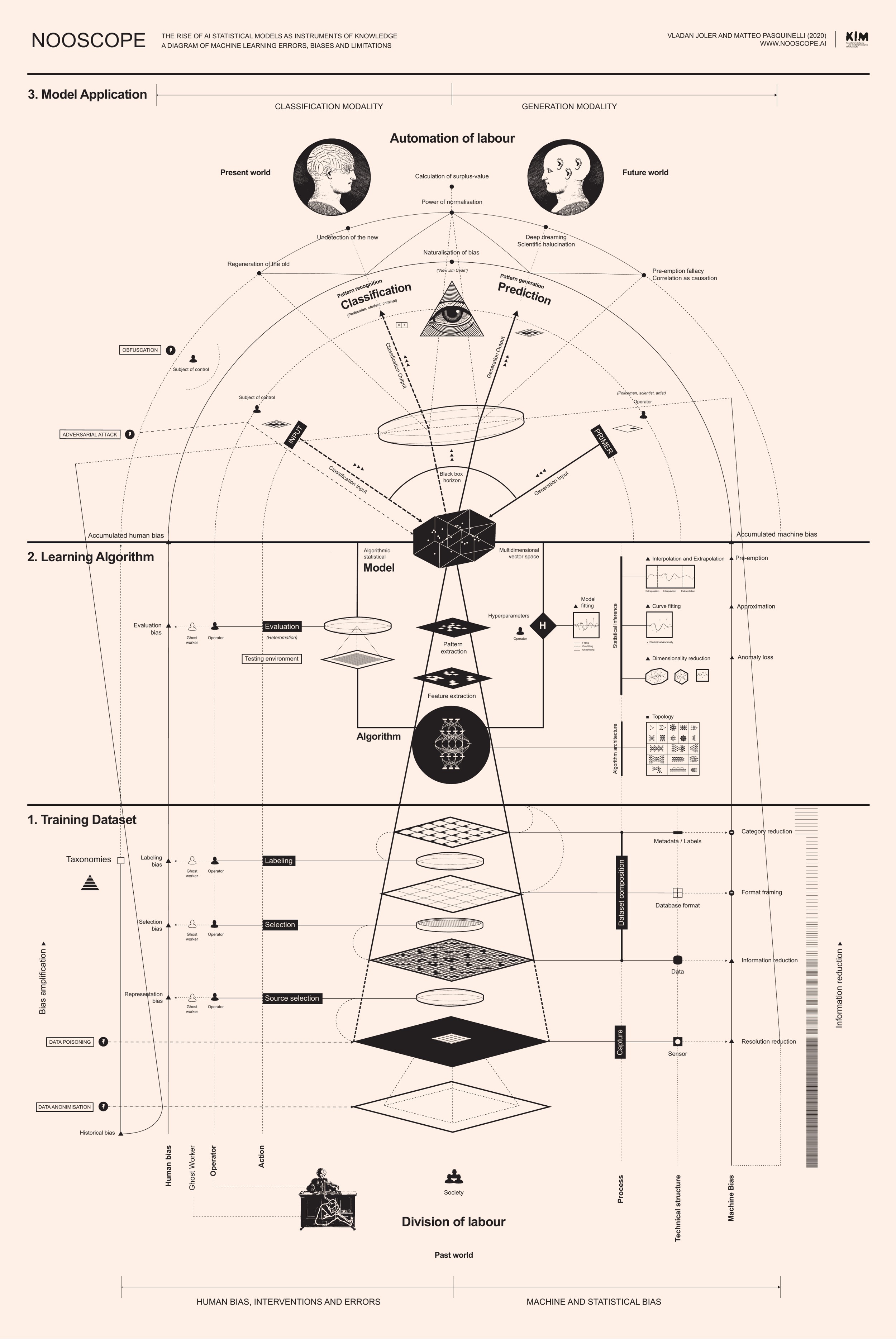Monoskop
Welcome to Monoskop, a wiki for the arts, media and humanities.
This page shows a selection of the latest additions to the website. For more detailed listings see the Log, Recent, Contents and Index sections. Selected updates are posted on RSS, Twitter, Facebook and Instagram.
Recent entries
Monoskop Log
Vertical Thoughts: Morton Feldman and the Visual Arts (2010)

“If any music can be said to be painterly, it is that of Morton Feldman (1926-1987), one of the most influential composers of the twentieth century. Feldman (1926-1987) was deeply immersed in the milieu of New York Abstract Expressionism, and found analogies in sound to the materiality of Pollock, the gravitas of Rothko and the hesitant, venturing brushstrokes of Guston. Taking as its departure point an exhibition Feldman curated in 1967 titled Six Painters, Vertical Thoughts considers the impact that postwar American art had on Feldman’s own compositions. It features works by the titular six painters–Guston, Kline, Mondrian, de Kooning, Pollock and Rothko–and by other artists whom Feldman admired, such as Kitaj, Rauschenberg and Twombly. Also reproduced are works from Feldman’s own collection, including his Middle Eastern and Asian rugs, archival photographs and ephemera, musical scores and record covers of compositions dedicated to artists such as Guston and Rothko, and interviews with and writings by Feldman himself.”
Text by Brian O’Doherty, Francesco Pellizzi, Dore Ashton, Juan Manuel Bonet.
Edited by Seán Kissane
Publisher Irish Museum of Modern Art, Dublin, 2010
ISBN 9781907020087, 190702008X
319 pages

“In the near future, Berlin’s real estate is being flipped in the name of “sustainability,” only to make the city even more unaffordable; artists are employed by corporations as consultants, and the weather is acting strange. When Anja and Louis are offered a rent-free home on an artificial mountain–yet another eco-friendly initiative run by a corporation–they seize the opportunity, but it isn’t long before the experimental house begins malfunctioning.
After Louis’s mother dies, Anja is convinced he has changed. At work, Louis has become obsessed with a secret project: a pill called Oval that temporarily rewires the user’s brain to be more generous. While Anja is horrified, Louis believes he has found the solution to Berlin’s income inequality. Oval is a fascinating portrait of the unbalanced relationships that shape our world, as well as a prescient warning of what the future may hold.”
Publisher Soft Skull, New York, 2019
ISBN 9781593764050, 1593764057
pagesReviews: Katy Waldman (New Yorker, 2019), Angelica Frey (Hyperallergic, 2019), Michael Friedrich (LA Review of Books, 2019), Jason Sheehan (NPR, 2019), Yvonne C. Garrett (Brooklyn Rail, 2019), Will Preston (Full Stop, 2019), Alex Ronan (Nation, 2019), Stan Portus (C Magazine, 2020).
McKenzie Wark: Reverse Cowgirl (2020)

“Another genre for another gender.
What if you were trans and didn’t know it? What if there were some hole in your life and you didn’t even know it was there? What if you went through life not knowing why you only felt at home in your body at peak moments of drugs and sex? What if you expended your days avoiding an absence, a hole in being? Reverse Cowgirl is not exactly a memoir. The author doesn’t, in the end, have any answers as to who she really is or was, although maybe she figures out what she could become.
Traveling from Sydney in the 1980s to New York today, Reverse Cowgirl is a comedy of errors, chronicling the author’s failed attempts at being gay and at being straight across the shifting political and media landscapes of the late twentieth century. Finding that the established narratives of being transgender don’t seem to apply to her, Wark borrows from the genres of autofiction, fictocriticism, and new narrative to create a writing practice that can discover the form of a life outside existing accounts of trans experience: an auto-ethnography of the opacity of the self.”
Publisher Semiotext(e), South Pasadena, CA, 2020
Native Agents series
ISBN 9781635901184, 1635901189
199 pagesInterviews with author: Mattilda Bernstein Sycamore (BOMB, 2020), Juliet Jacques (Frieze, 2020).
-
“The Nooscope is a cartography of the limits of artificial intelligence, intended as a provocation to both computer science and the humanities. Any map is a partial perspective, a way to provoke debate. Similarly, this map is a manifesto — of AI dissidents.”
“The Nooscope is a visual manifesto of AI as instrument of knowledge extractivism. The Nooscope is also an experiment in academic publication and critical tools for AI studies. The large diagram and the essay can be browsed online or downloaded in PDF format and printed on a large scale.”
Publisher KIM research group, Karlsruhe University of Arts and Design, Karlsruhe, and Share Lab, Novi Sad, 1 May 2020
Open access
Jennifer Iverson: Electronic Inspirations: Technologies of the Cold War Musical Avant-Garde (2018)

“Cold War electronic music—made with sine tone and white-noise generators, filters, and magnetic tape—was the driving force behind the evolution of both electronic and acoustic music in the second half of the twentieth century. Electronic music blossomed at the Westdeutscher Rundfunk (WDR [West German Radio]) in Cologne in the 1950s, when technologies were plentiful and the need for cultural healing was great. Building an electronic studio, West Germany confronted the decimation of the “Zero Hour” and began to rebuild its cultural prowess. The studio’s greatest asset was its laboratory culture, where composers worked under a paradigm of invisible collaboration with technicians, scientists, performers, intellectuals, and the machines themselves. Composers and their invisible collaborators repurposed military machinery in studio spaces that were formerly fascist broadcasting propaganda centers. Composers of Cold War electronic music reappropriated information theory and experimental phonetics, creating aesthetic applications from military discourses. In performing such reclamations, electronic music optimistically signaled cultural growth and progress, even as it also sonified technophobic anxieties. Electronic music—a synthesis of technological, scientific, and aesthetic discourses—was the ultimate Cold War innovation, and its impacts reverberate today.”
Publisher Oxford University Press, New York, 2018
The New Cultural History of Music series
ISBN 9780190868192, 0190868198
xi+303 pagesReviews: Lucie Vágnerová (Integral, 2019), Ted Gordon (Current Musicology, 2019), James Davis (Music & Letters, 2019), Maurice Windleburn (Sound Studies, 2020).
PDF (32 MB)
